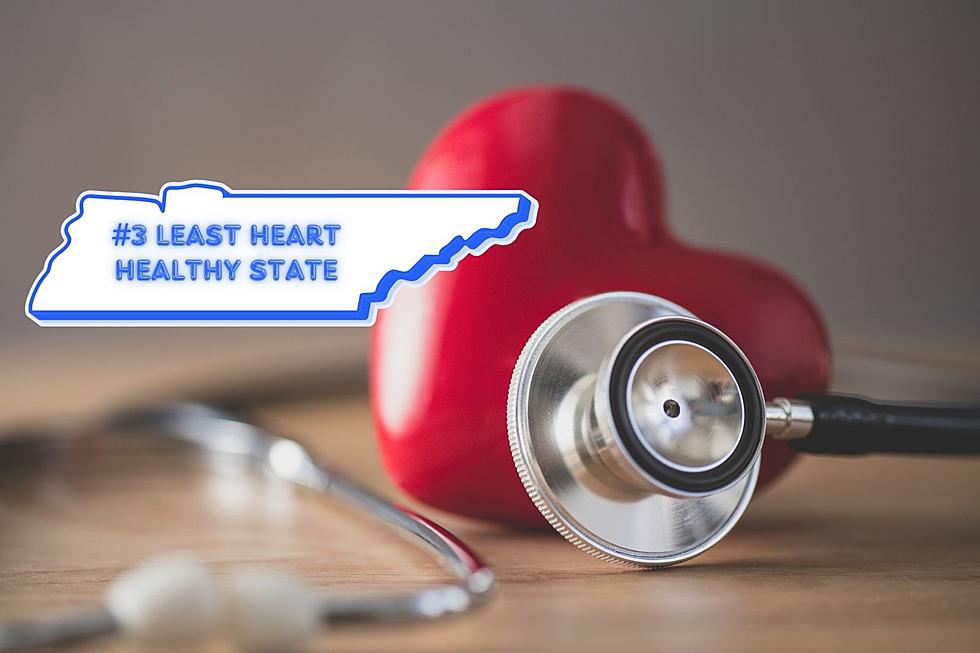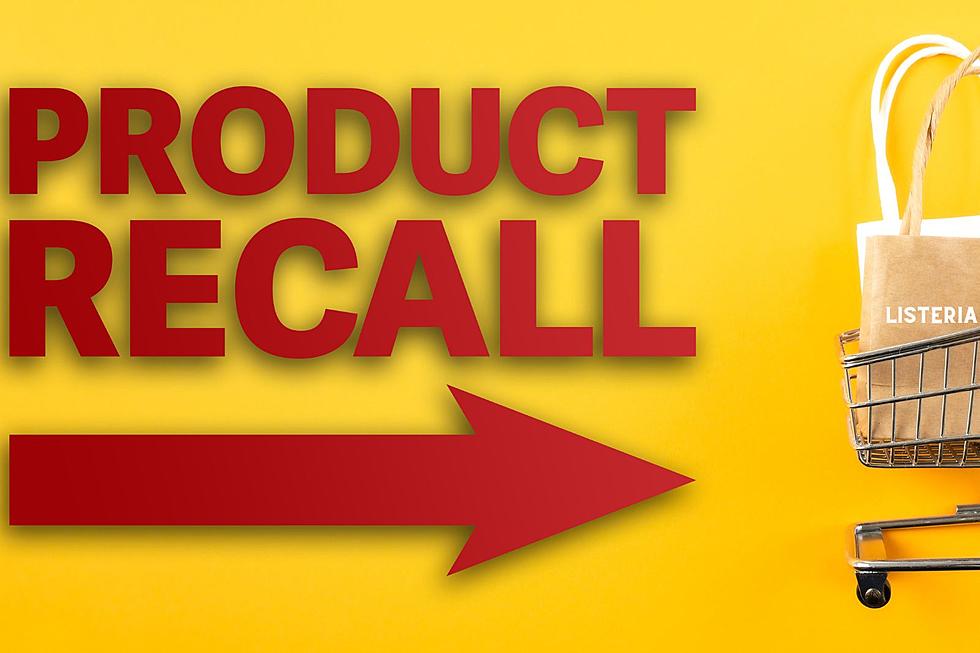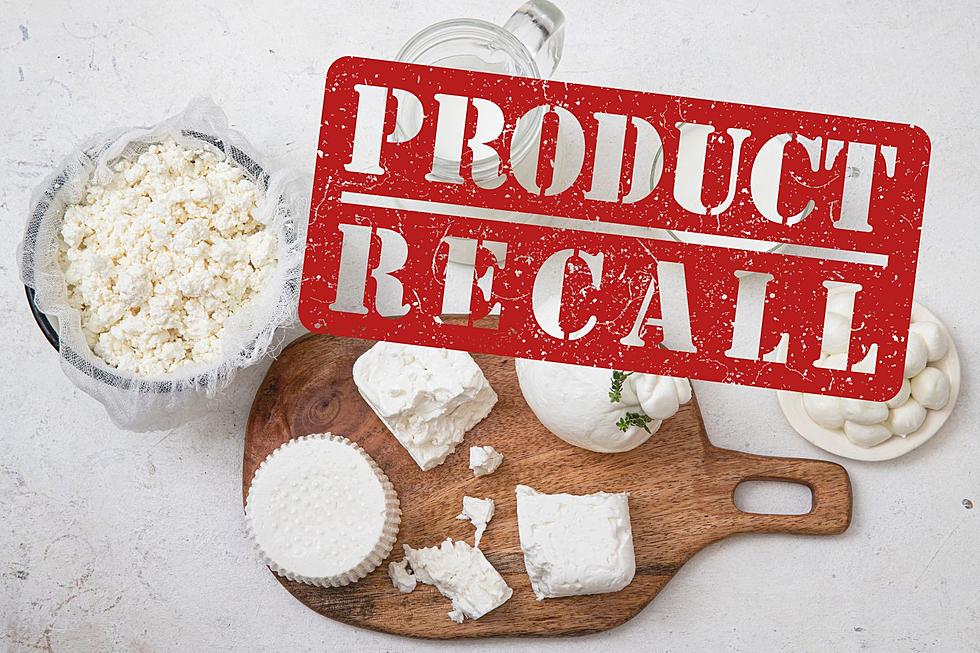
Keep Your Bird Feeders Clean To Reduce Risk of Salmonella Outbreaks
When we moved into our new house the end of October one of the things we were most excited about is the plethora of windows and natural light throughout the house. That combined with the mature trees in both the front and back yard gives us - and our cat - the perfect opportunity for birdwatching.
Our old house only had one window in each room and there wasn't much of a view out of any of them. The new house though... let's just say that our cat, Jupiter Jack loves bird watching from his window perches. That has prompted us to invest in a bird feeder for the backyard. It isn't anything elaborate. In fact, it's a really inexpensive plastic cylinder with some perches and feeding holes and we filled it with a cheap mix of your average, run of the mill bird seed.
The birdfeeder has only been up for a couple of days and while I haven't spotted any winged friends feeding from it yet, I'm hopeful that once they spot it, it will be a mecca of visual entertainment for Jupiter Jack and for us. No doubt it will bring hours of enjoyment to Jupiter as he watches safely from the windows.

Being new to having a bird feeder though, I was surprised to learn that it's important that we keep it clean. I really thought all I needed to do was keep it full so the birds would keep coming back but then I saw a Facebook post from the Kentucky Department of Fish and Wildlife Resources. While I don't live in Kentucky, I can understand the need for keeping feeders clean after learning that several deceased song birds have tested positive for salmonella.
Keeping bird feeders clean reduces risk of salmonella outbreaks.Kentuckians are encouraged to pay special attention to their backyard bird feeders after recent tests found salmonella in deceased songbirds collected from Bullitt, Calloway, and Washington counties.
- Taking the feeder down immediately. Remove any remaining seed from the feeder. Clean and store the feeder for two weeks. A salmonella outbreak at a feeder most likely results from one or more infected birds visiting that feeder. The bacteria then spread at the feeding site through the droppings of infected birds. Removing the feeder stops the birds from gathering in common areas. Instructions on how to clean bird feeders can be found online at www.allaboutbirds.org/news/how-to-clean-your-bird-feeder/.
- When you put the feeders back up, try to put them in a different location, if possible, to avoid contaminated soil. Leftover seed still in the bag should be safe to use. Be sure to continue to clean feeders regularly. Watch for sick birds. If you see any, take the feeders down again.
Salmonella can also be transmitted to humans so extra care should be taken when handling feeders. Wearing gloves and proper hand washing are advised. To learn more, visit fw.ky.org.
How Many in America: From Guns to Ghost Towns
READ ON: See the States Where People Live the Longest
LOOK: The most popular biblical baby names
More From WGBF-FM









